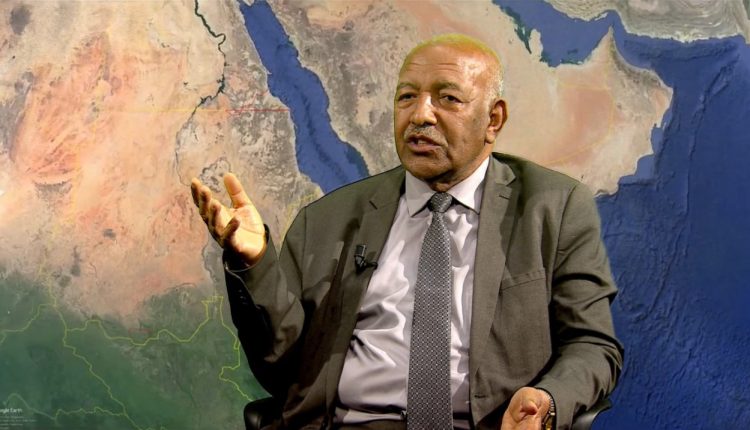Ankara Declaration Foils Anti-Peace Conspiracy, Accelerates Ethiopia’s Quest for Sea Outlet: Scholars
Addis Ababa, December 29, 2024 (FMC) – The recent Ankara Declaration between Ethiopia and Somalia has been hailed by scholars as a significant step towards thwarting regional anti-peace elements’ conspiracies and advancing Ethiopia’s pursuit of a sea outlet.
Speaking to ENA, scholars commended the declaration as a vital move towards fostering lasting peace in the region.
They emphasized that the agreement plays a crucial role in countering the disruptive actions of peace-opposing elements, while also advancing Ethiopia’s goal of securing a sea outlet through peaceful and diplomatic means.
Moreover, the declaration reflects the commitment of both countries to regional peace, with scholars noting that Ethiopia’s access to a sea outlet would bring sustained benefits not only to Ethiopia but also to its neighbors and the broader region.
Professor Ahmed Zekaria, Culture and History Researcher, has expressed optimism about the growing collaboration between Ethiopia and Somalia to resolve issues peacefully, underlining that the cooperation significantly contributes to ongoing peace and development efforts in the region.
Ahmed also recalled Ethiopia’s foreign relations policy, which prioritizes neighboring countries, asserting that the declaration would further strengthen regional cooperation.
“The Ankara Declaration is critical for peace as it underscores the importance of communication and moving away from conflict and Ethiopia’s diplomatic policy, which prioritizes relationships with its neighbors, emphasizes the necessity of fostering peace,” Ahmed emphasized.
According to the scholar, stability in one neighbor contributes to the stability of others, and shared challenges will be addressed collectively and when peace is established, it benefits all.
“With its large population and vast territory, Ethiopia provides fertile ground for regional growth and collaboration. Neighboring countries must leverage this potential as part of a broader strategy for regional development,” Ahmed added.
He also pointed out that the country’s demand for a sea outlet is not only reasonable but also urgent. Ethiopia requires multiple ports for efficient handling, rather than relying on a single port due to the scale of its import and export trade. The country needs for diversified port access benefits the surrounding region as a whole.
“Given Ethiopia’s size, relying solely on one port for all export and import activities is not advisable. It is crucial to diversify port usage while maintaining peace in the region, and Somalia is actively contributing to this initiative. I believe the time is approaching when the Assab port will be operational and fully utilized,” Ahmed added.
Adem Kamil, another history researcher, has echoed similar sentiments, emphasizing Ethiopia’s strong foundation in truth and justice, safeguarding its national interests while respecting those of others.
He highlighted Ethiopia’s historical contributions to continental and international organizations and its significant role in promoting regional and continental peace and stability.
“Ethiopia has long been a beacon of peace, truth, and justice, reflected in its governance. For example, Ethiopia played a key role in the establishment of the United Nations in 1945 and was instrumental in founding the African Union in 1963,” Adem emphasized, adding that “Even during struggles for independence, Ethiopia made invaluable contributions to African nations. The symbolism of green, yellow, and red on national flags represents Ethiopia’s enduring legacy of championing peace and development”.
He also stressed that Ethiopia’s quest for maritime access is crucial not only for its own peace and development but also for the broader region.
“Ethiopia, with a population of 130 million, is seeing an influx of investors and tourists. To effectively export local products, efficient transportation, especially through ports, is essential due to the high costs of air freight. Securing access to multiple ports, particularly on the Red Sea, is vital for the country’s economic growth and the region’s development,” Adem concluded.



